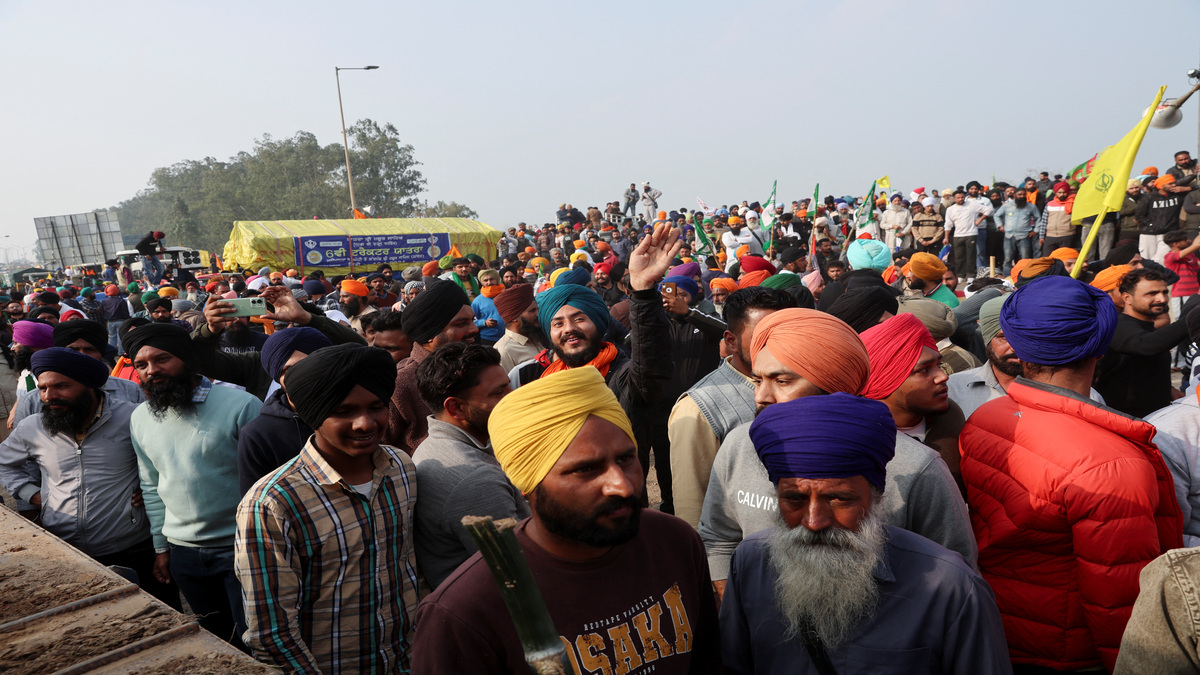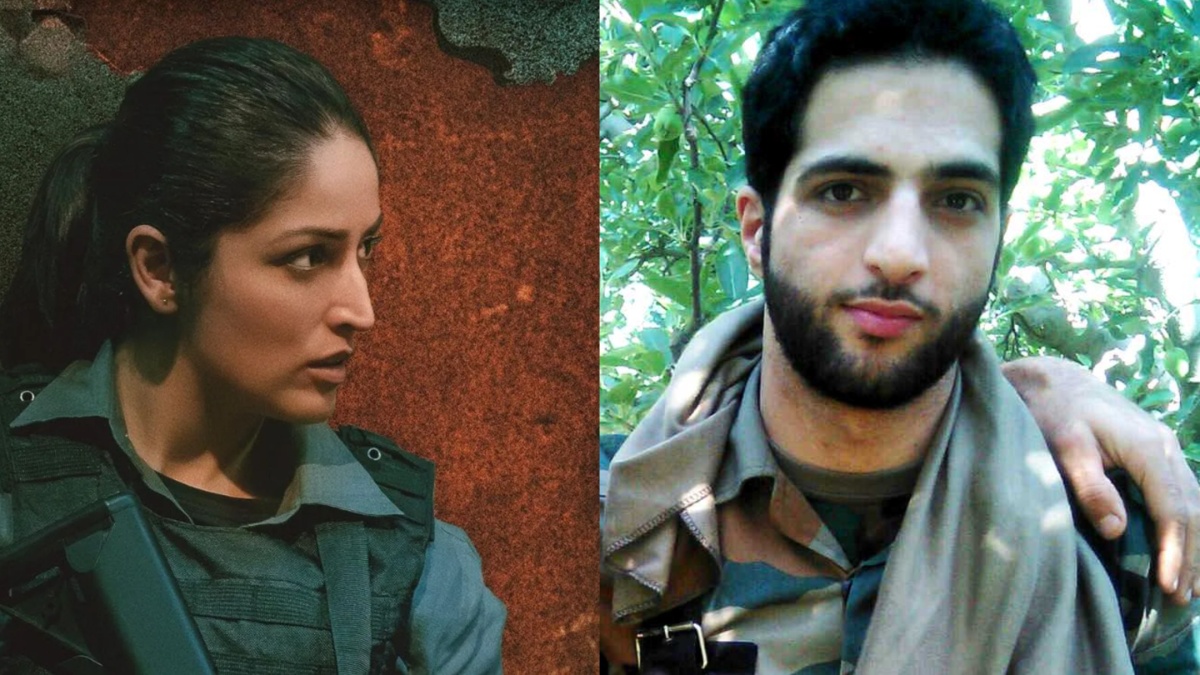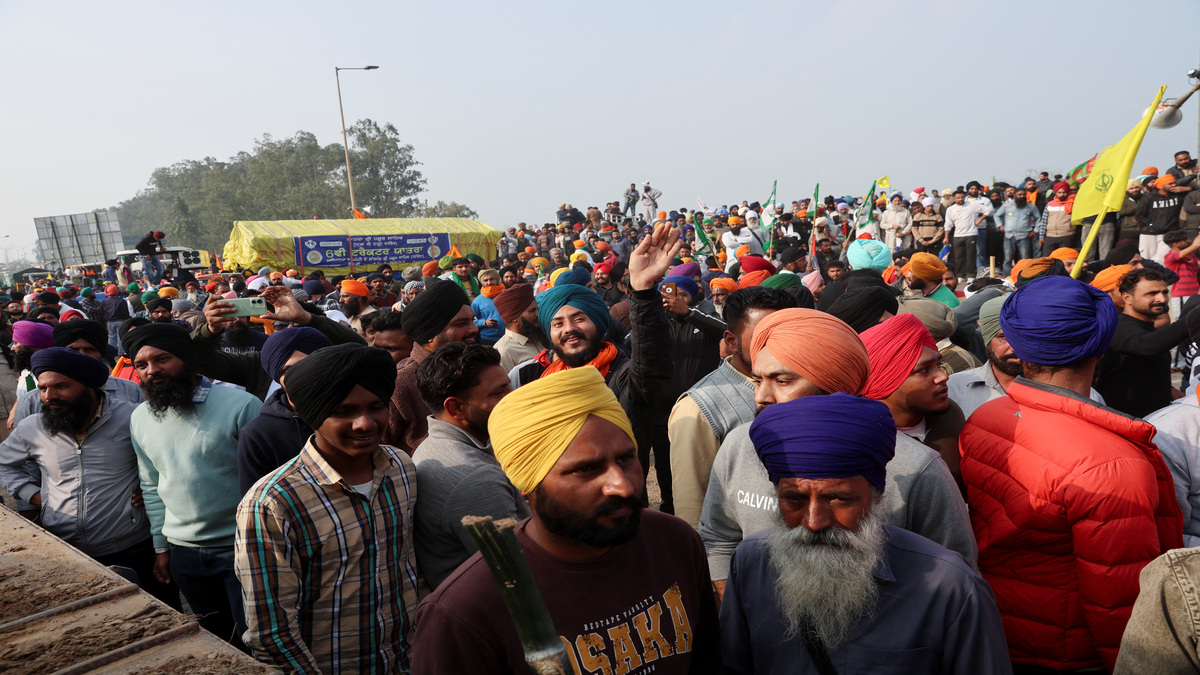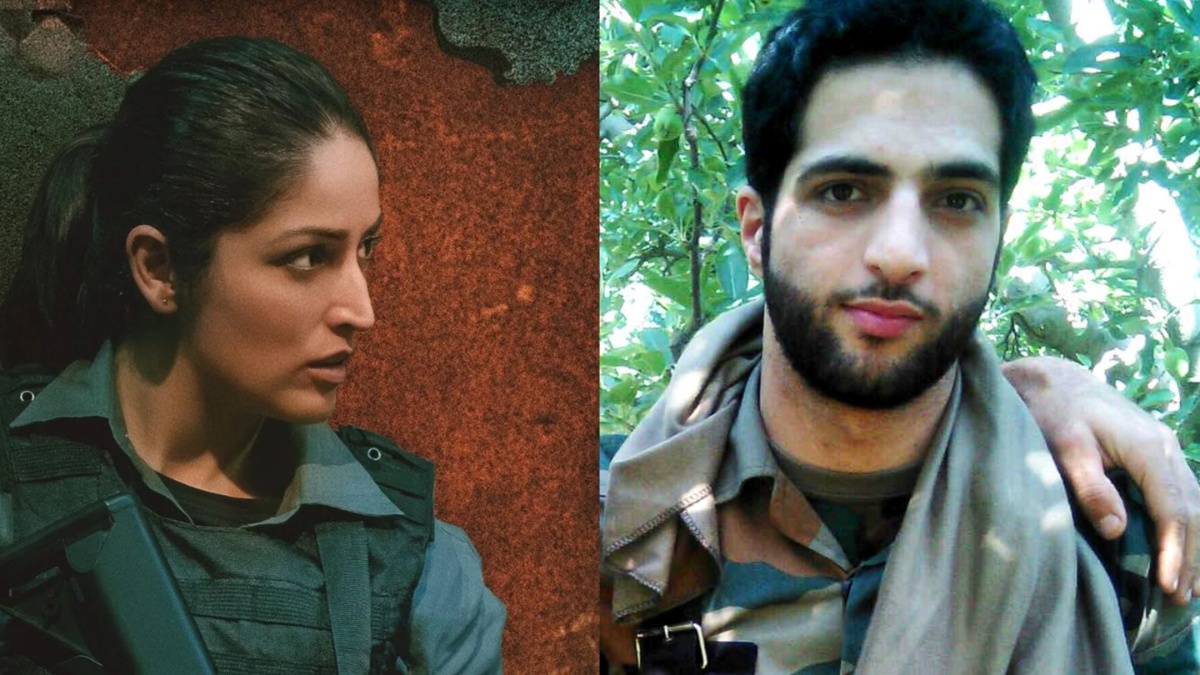The snow lay thick. Vehicles struggled to get past each other on the narrow, hilly road from the national highway to Sadiwara village. A crowd had gathered around a Maruti van that had slipped into a roadside ditch. Knots of pheran-wrapped people headed to the village mosque for Friday afternoon prayers.
Right outside the home of the man who was the National Conference candidate for the 2014 Assembly elections, a knot of young men said they would boycott the by-election on 12 April for south Kashmir’s Anantnag seat. They are by no means the only ones. Right across south Kashmir, boycott seems to be a major factor.
In the past, the National Conference often depended on a boycott to see it through to victory. This time, the ruling Peoples Democratic Party will be best placed to win the south Kashmir seat if the boycott is very successful. Thus, the roles are reversed as Kashmir prepares for by-elections for two seats in Parliament.
Various factors
As things stand, the turnout is likely to be low for a variety of reasons. One, people are, by and large not very inspired by current politics. In particular, they barely know or respond to the ruling party’s candidate for the Anantnag seat, Chief Minister Mehbooba Mufti’s brother Tasaduq.
Other factors are no less important. Not only is there a boycott call from the various ‘Hurriyat’ leaders, militants have announced that they will wreak violence during the polls and engage in retributive attacks against those who vote. So, fear is a second factor.
Third, many in south Kashmir feel an emotional need to stay away from the poll process out of solidarity with many who were blinded or killed by security forces during the agitations that followed the killing of militant commander Burhan Wani last July.
The weather too, is likely to contribute to low turnout. There has been heavy snowfall since Wednesday night, and a lot of rain over the past few weeks.
Disillusionment
Disillusionment with politicians will contribute to low polling. South Kashmir has been the stronghold of the ruling PDP for at least a decade. However, most people there are upset with the PDP. Its coalition with the the Hindutva-based BJP is a major factor, its mishandling of last year’s uprising another. The lack of performance, empathy, and even visibility of party MLAs adds to that.
A group of young voters in the vicinity of Devsar said they used to be PDP activists but do not even intend to vote this time. They said that Sartaj Madani, Mehbooba Mufti’s uncle, who was been given the number two position in the party since she took over, has done nothing for them. Madani lost the 2014 elections from Devsar.
Further north, people in Pulwama district are contemptuous of their even more high profile MLA, Finance Minister Haseeb Drabu. He is never visible or accessible, they say, and has done nothing for them. The situation is not much better for the Congress, Tasaduq’s main challenger. Several traditional Congress supporters, including some Gujjars, say they will not vote this time. “What is the point?”, they typically ask with cynicism.
People in the belt from Anantnag to the Jawahar Tunnel speak highly of the responsiveness of MLA Mohammed Amin Bhat, but have little regard for some other party leaders. Nevertheless, if more votes are cast in Congress strongholds of Shangus and Dooru than in other parts of south Kashmir, the Congress, which is supported by the National Conference in south Kashmir, could win.
Farooq Abdullah’s populism
Boycott will also be a major factor for the Srinagar seat in central Kashmir. But there, National Conference leader Farooq Abdullah is likely to win either way. The National Conference, much more than other parties, has a dedicated cadre, many of whom would defy a boycott call, particularly in pockets dominated by certain ethnic or sectarian minorities.
To cement that advantage, Abdullah has gone out of his way in recent weeks to speak supportively of militants and stone-pelters. Along with his trenchant criticism of the ruling PDP-BJP coalition, this will surely help him to tap into the dominant separatist sentiment of the time.
So, for the first time in three decades, the boot is on the other foot: a boycott will help the PDP, at least in south Kashmir, rather than National Conference. Even in the 2008 Assembly elections, Omar Abdullah came to power owing to National Conference victories in Srinagar, about the only place where there was a substantial boycott. A substantial turnout in Srinagar would surely have prevented Omar from taking power that year.


)




)
)
)
)
)
)
)
)